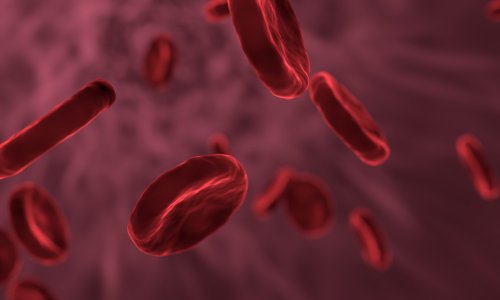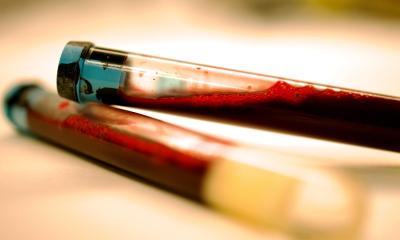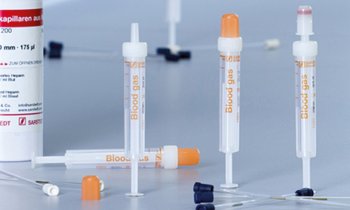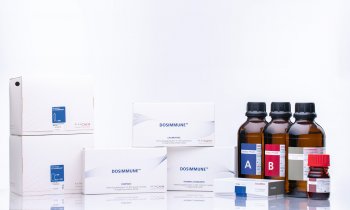News • Rebuttal
EDQM responses to concern on its Blood Guide
On May, 29th 2020, European Hospital published a press release from the Plasma Protein Therapeutics Association (PPTA). In that release, the PPTA expressed their concerns about the recommendations contained in the 20th version of Blood Guide of The European Directorate for the Quality of Medicines and Healthcare (EDQM). Read here the EDQM’s rebuttal letter to the PPTA.
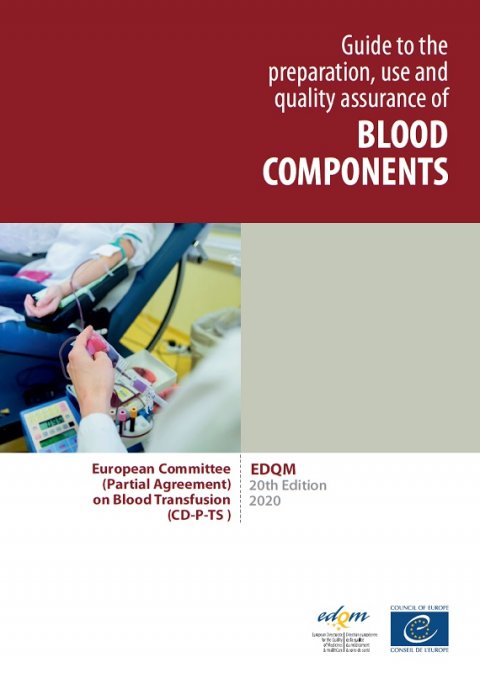
The European Committee on Blood Transfusion (CD-P-TS) is a Steering Committee reporting to the Committee of Ministers of the Council of Europe. According to its terms of reference1, it oversees and coordinates the Council of Europe’s work in the field of blood transfusion and advises the Committee of Ministers on all questions within its field of competence. One of its main tasks is the updating of the technical appendix to Recommendation R(95)15, also known as the "Guide to the Preparation, Use and Quality Assurance of Blood Components" referred hereafter as the “Guide” based on the latest scientific developments and regulatory changes. The 20th edition of the Guide has been recently published.
In their press release published on 28 May 2020, the PPTA expresses concerns that their experience and data has not been considered. They also ask for a multi-stakeholder discussion. In fact, the revision process of the 20th edition included holding a symposium on “Plasma Supply Management” in January 2019 to discuss the facts and scientific evidence2 surrounding the collection of plasma for fractionation and the elaboration of donor eligibility criteria to ensure donor protection. The programme committee was composed of representatives of all key stakeholders from the private (including PPTA3) and public sector, donor and patient groups.
In their article, the PPTA stated that the recommendations published in the Guide will have a negative impact on the availability of plasma for fractionation and hence result in shortage of plasma-derived medicinal products for patients with often life-threatening conditions.
The CD-P-TS believes that a secure supply of plasma-derived medicinal products to treat patients is certainly imperative, but this should not be achieved at the expense of causing harm to donors whose health must also be protected.
Recommended article
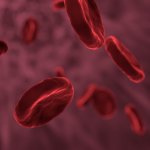
News • Experts express concerns
EDQM Blood Guide could make Europe more dependent on US plasma
The Plasma Protein Therapeutics Association (PPTA) is concerned about the recommendations contained in 20th version of Blood Guide of The European Directorate for the Quality of Medicines (EDQM) which aims to harmonise standards and recommendations on blood collection, preparation, and the use of blood and blood components. This Guide, if applied, will have a negative impact on the availability…
Monitoring of the total immunoglobulin level in plasmapheresis donors using a lower limit of 6 g/L to protect donors is mandatory in Germany since 2017 and has not jeopardised the collection of plasma in that country. This is also acknowledged by the PPTA since they refer to Germany as one of the EU Member States contributing significantly to the total plasma volume collected in Europe.
Interestingly, Czech Republic, one of the leading countries in Europe with regards to the collection of plasma for fractionation, is using an upper limit of 33 plasmapheresis per donor per annum as recommended in the Guide. This indicates that national self-sufficiency is not depending on intensive plasmapheresis but rather on the size of the pool of donors.
The rationale and the scientific data that prompted Germany to implement the monitoring of plasmapheresis donors were presented and discussed during the symposium on “Plasma Supply Management”. Taking donor protection as an upmost priority, the CD-P-TS approved to include the German mandatory requirements for apheresis plasma donors as a recommendation in the Guide.
In their press release, the PPTA claims that the Guide does not distinguish between blood components for transfusion and plasma for fractionation (manufacturing). This is incorrect and the 20th edition of the Guide differentiates between blood for transfusion and plasma for fractionation in a number of areas. The PPTA also challenges the Guide for not taking scientific data into account. However, selection and protection recommendations for plasma donors in the Guide are regularly updated using the available scientific evidence and adopted by the CD-P-TS following public consultation. To further change the Guide with regards to recommendations for plasma donors, more scientific data is welcomed.
Finally, in the TRANSPOSE project1 co-funded by the European Commission no consensus was reached, based on data, to support up to 60 donations and 45 litres per donor per year. Therefore, further high quality evidence is required to support any change to donor selection and protection criteria in this regard.
This paper was drafted and endorsed by:
Sheila MacLennan - Chair of the CD-P-TS
Øystein Flesland - Vice-Chair of the CD-P-TS
Betina Sørensen - Member of the CD-P-TS Bureau
Ed Slot - Member of the CD-P-TS Bureau
Johanna Castrén - Former member of the CD-P-TS Bureau, Finish Delegate to the CD-P-TS
Guy Rautmann - Secretary to the CD-P-TS
Here you can find more information on The European Committee on Blood Transfusion (CD-P-TS) and its mandate.
References:
1 https://rm.coe.int/cd-p-ts-2020-2021-en/1680992cd3
2 https://www.edqm.eu/sites/default/files/medias/fichiers/Events/day_1.pdf
https://www.edqm.eu/sites/default/files/medias/fichiers/Events/day_2.pdf
https://www.edqm.eu/sites/default/files/medias/fichiers/Blood/transfusion_edqm_eu_commission_plasma_supply_management_symposium_recommendations_to_stakeholders.pdf
3 https://www.pptaglobal.org/images/source/2019/Spring_articles/9._Outcomes_of_the_EDQM_Meeting_in_Strasbourg.pdf
4 https://www.transposeproject.eu
Source: The European Directorate for the Quality of Medicines and Healthcare (EDQM)
23.06.2020



